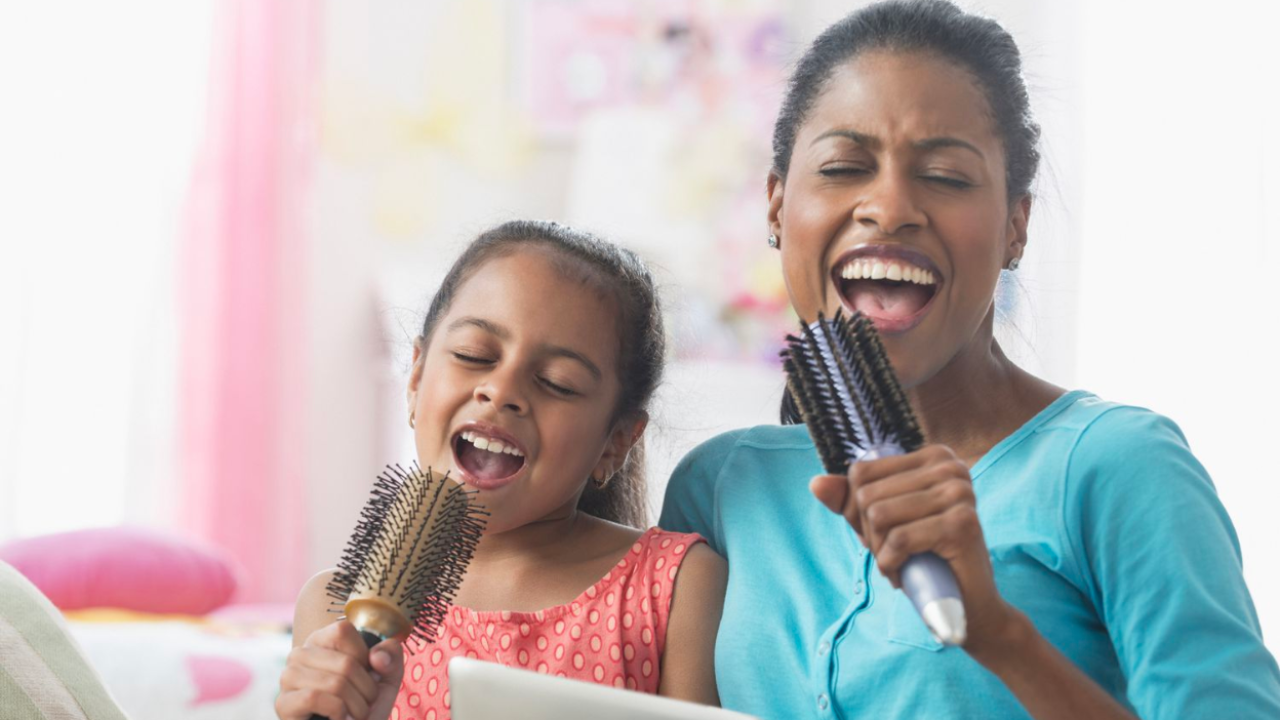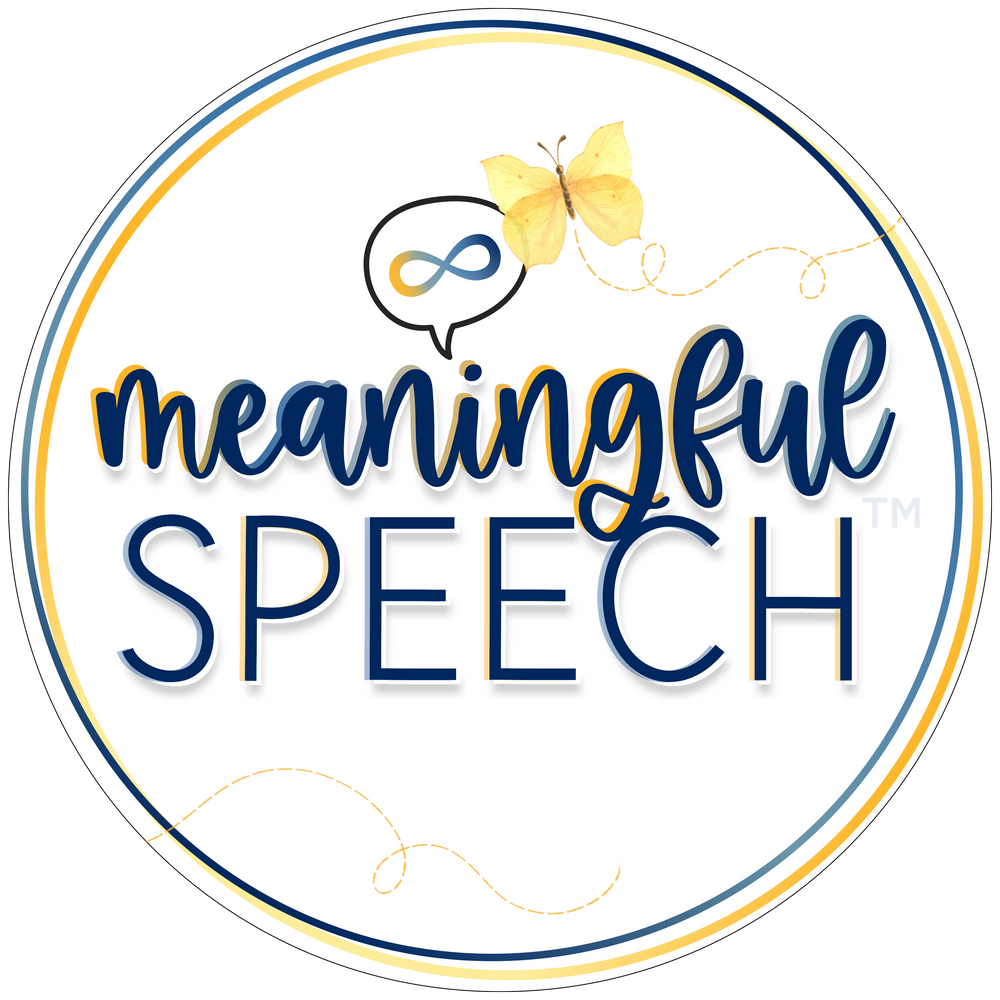Music and Gestalt Language Processing
Feb 11, 2026
Children who communicate with delayed echolalia (gestalt language processors) are often very musical. Many children who aren’t yet using mouth words or who may have been mislabeled as nonspeaking can sing songs. This is because gestalt language processors are “intonation babies.” Their first unit of language is intonation, which means they tune into melody and rhythm before individual words. For this reason, song melodies often become some of their very first gestalts.
How can we support musical gestalt language processors?
1. Use music and model songs.
Start by using music and modeling songs! Model songs for the child if they’re in stage 1 and need more gestalts. Model new gestalts with musical intonation. Here are some examples of songs that have become gestalts for some of our clients.
-
“It’s raining” (from It’s Raining, It’s Pouring)
-
“We’re going on a bear hunt” (from We’re Going on a Bear Hunt)
-
“Clean up” (from The Clean Up Song)
-
“The wheels on the bus” (from The Wheels on the Bus)
-
“Little monkeys jumping on the bed” (from Five Little Monkeys)
-
“I wonder” (from Twinkle, Twinkle, Little Star)
2. Consider perfect pitch.
Many gestalt language processors also have “perfect pitch.” Because of this, they may not want you to sing to them if your pitch doesn’t match what they expect. That doesn’t mean music is off the table! Instead of singing yourself, you might try playing an audio recording or video of the song.
3. Incorporate musical instruments.
Adding instruments can make music even more engaging. Whether at home or in therapy sessions, instruments can bring excitement and fun to the songs you’re singing and modeling.
4. Acknowledge all musical gestalts.
If a child repeats part of a song as a gestalt, treat it just as you would any other gestalt. Acknowledge their communication by nodding, smiling, repeating it back, and trying to do the detective work to discover what that song means to them. Remember, gestalts are rarely literal and they’re often tied to meaningful experiences.
5. Consider music therapy.
Music therapy is an established healthcare profession that uses music experiences to support skill development across communication, cognitive, emotional, physical, and social domains. Because music has predictable patterns, it can be especially accessible for gestalt language processors as first gestalts.
6. Explore mitigations with songs.
When a child is ready for Stage 2, you can introduce small changes to song lyrics as mitigations. For example:
-
Original: “The wheels on the bus”
-
Mitigation: “The wheels on the bike”
Want to learn more in-depth information about how to support gestalt language processors?
-
Start with our free Masterclass on Echolalia & Child-Led Therapy. Perfect for anyone wanting to learn more about foundational information about gestalt language development.
-
Explore musical supports and additional information about gestalt language development on the Communication Development Center website, including resources created by Marge Blanc on Natural Language Acquisition.
-
Consider taking the Meaningful Speech course to learn more about how your child or client processes language, how to support them from echolalia to self-generated flexible language, child-led therapy, and neurodiversity-affirming practices.
-
Consider taking our AAC + Gestalt Language Processing course to learn how to identify, evaluate, and support gestalt language processors who use AAC or who may benefit from AAC.
-
Look for a speech-language pathologist who understands gestalt language processing and child-led therapy. Check out our registry of SLPs who “get it” and can help support your child’s language development.
